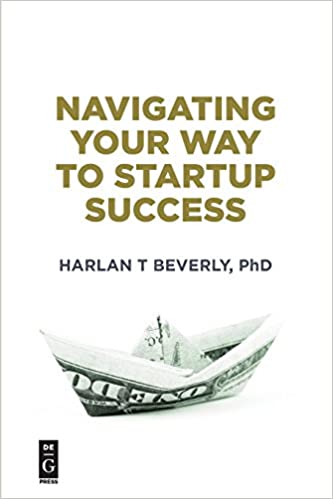 Fear: HOW DO I START A COMPANY? MANY Engineers freeze up with fear right here. They don’t realize just how easy it is to start a business these days. In Texas, everything can even be done online, and the legal part is really really simple. (NOTE: i’m not a lawyer, so do not consider this legal advice… side-note: see, even I’m afraid of lawyers).
Fear: HOW DO I START A COMPANY? MANY Engineers freeze up with fear right here. They don’t realize just how easy it is to start a business these days. In Texas, everything can even be done online, and the legal part is really really simple. (NOTE: i’m not a lawyer, so do not consider this legal advice… side-note: see, even I’m afraid of lawyers).
Although this link has more detailed information and all the needed links, I’m going to try to make the process super simple in my own words.
1. Pick S-Corp or C-Corp. The only difference I can tell is that S-Corp does not double-tax dividends, but only allows investment by individuals. Most people should choose C-Corp if they plan to be invested in , and S-Corp if they are not. Don’t fret… you CAN change it later by reincorporating.
2. File appropriate form online (in Texas, that is here): http://www.sos.state.tx.us/corp/sosda/index.shtml (costs $300, so make sure your business name is unique, a simple search is available same site!)
a. Choose some amount of stock that is big enough, but not too big. I chose 10,000,000 shares to start at par of $0.001.
b. Must have at least 1 director (can be same person throughout the document).
3. Get EIN from IRS (this is needed to file taxes, which is the ONLY requirement to continue as a company): http://www.irs.gov
4. File for state tax if appropriate. Texas is here: http://www.cpa.state.tx.us/taxpermit/
5. Enjoy being a company.
Its that easy. Now that you are a company, you might want to issue some shares to yourself. If you do, make sure you file an IRS 83-b form within 30 days. http://www.fairmark.com/execcomp/sec83b.htm
As for giving yourself stock, I recommend it! And I recommend you get this stock in exchange for services rendered (such as business plan preparation, time spent in meetings/formation, etc.). A good founder split is NOT EVEN SPLIT! If there are 2 people, it should be at least 51%/49%. In fact, I HIGHLY recommend that one founder (the one who is leading the effort) get 51%. Reasons: this avoids any future problems related to who is in control/direction of company, this prevents any number of founders from ganging up on the others, and this makes good sense if you want to raise money because that founder will have enough power (hopefully) to stay on the Board of Directors and protect the other founders interest.
A simple MOU can make the above reality. If you actually issue the stock (e.g. with a directors approval or other legal mumbo-jumbo), then you will need a lawyer IMHO.
Frankly, beyond this point of a company, having a decent (fairly priced) legal counsel for the company is a good idea. (Yes, my fear of lawyers kicks in now). But you DONT have to have one to form the company, and you SHOULD wait to get a lawyer until you raise money, or start negotiating contracts/earning revenue/making sales.
Best of luck, and sometimes, fear is not a bad thing… but lawyers don’t cost that much. I have found good legal advice as low as $200-$300/hour… don’t pay more email me/message me first, I’ll give you a few referrals.
–photo credits



